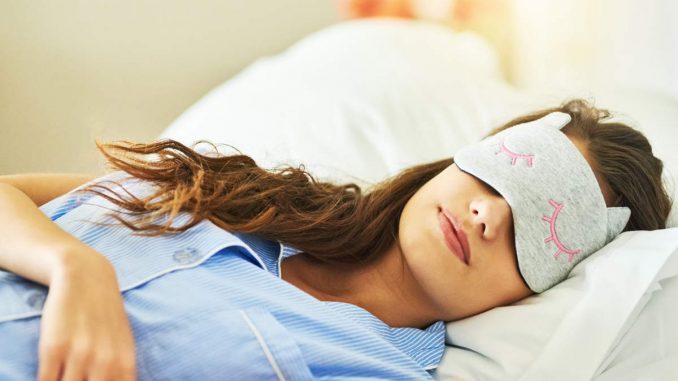
The history of any global pandemic bears testimony to the fact that it doesn’t only come with fatality or physical damage. It brings along unfathomable emotional unjury too. This truth doesn’t change with the COVID-19 pandemic. As the infection keeps spreading like a wildfire, taking more lives every day and distancing us from our close ones, we are having to fight a huge emotional battle every day. The natural outcome of a frightening time like this is immense stress, unmanageable anxiety, depression and even phobia.
All these take a toll on our sleep cycle apart from affecting our health in other ways. Lack of sleep, in turn, can affect your emotional well-being and give you anything stress and mood bouts to depression. A brand new study published in the Journal of Sleep Research revealed that poor sleep may have an adverse effect on your emotional well-being. So, this is a vicious cycle: Negative emotions give you poor sleep, which, again, enhances the negativity of your thoughts.
SLEEP AND NEGATIVE EMOTIONS: WHAT DOES THE NEW RESEARCH SAY?
The study revealed that insufficient sleep may have a negative impact on emotional reactions. In the research the participants were tested the morning after 5 nights of regular sleep and again, after 5 consecutive nights of sleep restriction (5 hours a night). They perceived everything in a more negative way when their sleep was restricted for several nights in a row.
ANI quoted lead author of the study, Daniela Tempesta, PhD, of the University of L’Aquila, Italy saying “Insufficient sleep may impose a negative emotional bias, leading to an increased tendency to evaluate emotional stimuli as negative.” She further added, “Considering the pervasiveness of insufficient sleep in modern society, our results have potential implications for daily life, as well as in clinical settings.”
5 WAYS TO MAINTAIN A HEALTHY SLEEP CYCLE

Well, there is no denying that you are stressed out. You are panicking about everything, starting from COVID-19, to lockdown extension, depleting stock of essentials and the challenges of work from home. But don’t let these take a toll on your snooze time and make things worse for you. Here are 5 strategies to help you sleep better.
Set up a proper schedule
Having a proper sleep routine can lend a sense of normalcy even in such uncertain and abnormal times. Experts suggest that you should avoid major variations in your daily sleep cycle and stick to a particular time to go to bed.
Keep your bed for sleep only
Keep your bed exclusively for snoozing. Don’t use your bed as the workstation while working from home. This will also save you from back pain. Set up your work area somewhere else. Also, avoid taking the laptop on your bed to watch movies..
Keep a track on your naps
If you are at home every day and have nothing much to do, taking naps gets more frequent. However, a short siesta break in the afternoon is fine if it doesn’t hinder your sleep during the night. Therefore, it’s important to keep a check on the timing of your naps.
Stay active during the day
It will be relatively easier for you to sleep peacefully if your daily routine includes regular exercising and household chores. Even well-balanced meals can be good sleep inducers.
Get your dose of natural light
Exposure to natural light plays an important role in setting your circadian rhythm right. Step out to your balcony during the early morning or open a window to get your daily dose of sunlight and fresh air.
